Thioril
✅ Manages schizophrenia symptoms
✅ Controls severe behavioral disorders
✅ Reduces anxiety and agitation
✅ Treats bipolar disorder
✅ Improves mood stability
Thioril contains Thioridazine Hydrochloride.
Product Overview
Thioril is a pharmaceutical formulation containing Thioridazine Hydrochloride as its active component. Classified as a phenothiazine derivative, this medication modulates neurotransmitter activity in the brain to restore chemical equilibrium. Primarily indicated for schizophrenia management, Thioril effectively addresses symptoms including hallucinations, delusions, and cognitive disorganization by normalizing neurotransmitter levels in the central nervous system.
Therapeutic Applications
This antipsychotic agent is principally employed in the treatment of schizophrenia spectrum disorders, characterized by profound disturbances in thought processes, emotional regulation, and perceptual accuracy. Thioril may also be prescribed off-label for bipolar disorder manifestations and treatment-resistant anxiety conditions. Its therapeutic action facilitates symptom reduction, enabling improved psychosocial functioning and enhanced quality of life for affected individuals.
Administration Guidelines
Oral administration is recommended, with dosage frequency (typically once or twice daily) determined by the prescribing clinician. Consumption may occur with or without food. Strict adherence to prescribed dosing regimens is imperative. Abrupt discontinuation is contraindicated due to potential withdrawal phenomena. In cases of missed doses, immediate administration is advised unless proximate to the next scheduled dose, in which case the missed dose should be omitted.
Mechanism of Action
Thioril exerts its pharmacodynamic effects primarily through dopamine receptor antagonism within the mesolimbic pathway. This neurotransmitter modulation stabilizes neuronal activity, thereby ameliorating psychotic symptomatology. The compound’s selective receptor affinity contributes to its efficacy in reducing positive symptoms of psychosis while potentially improving cognitive and affective dimensions of mental health disorders.
Dosage Protocol
Therapeutic dosing follows a titrated approach, with initial doses typically ranging from 50-100mg daily, subject to gradual escalation based on clinical response and tolerability. Maximum daily dosage should not exceed 800mg in divided doses. Individualized treatment plans must be strictly followed, with any dosage adjustments made exclusively under medical supervision.
Therapeutic Advantages
Clinical benefits of Thioril include significant reduction in positive psychotic symptoms, improved behavioral regulation, and enhanced cognitive organization. The medication’s neurochemical stabilizing properties facilitate functional recovery, allowing patients to achieve greater independence in activities of daily living and improved social integration.
Adverse Effect Profile
Common treatment-emergent phenomena may include:
– Sedative effects (somnolence, lethargy)
– Anticholinergic manifestations (xerostomia, blurred vision, constipation)
– Metabolic alterations (weight fluctuation)
– Vestibular disturbances (dizziness)
These effects typically demonstrate tachyphylaxis with continued therapy. Persistent or severe reactions warrant immediate medical consultation.
Precautions and Contraindications
Comprehensive medical history disclosure is mandatory prior to initiation, including:
– Cardiovascular status
– Hepatic/renal function
– Concurrent pharmacotherapy
– Substance use history
The medication may impair cognitive and motor performance; therefore, hazardous activities should be avoided until individual response is established. Ethanol consumption is contraindicated due to potentiated CNS depression.
Storage Specifications
Maintain product integrity by storing at controlled room temperature (15-30°C) in original packaging, protected from humidity and light exposure. Implement appropriate medication disposal protocols for expired or unused product, adhering to local pharmaceutical waste management regulations.
Medical Disclaimer
The information provided herein represents carefully curated, evidence-based data intended for educational purposes only. This content does not constitute medical advice nor replace professional clinical judgment. Pharmaceutical particulars including adverse effects, contraindications, and drug interactions may not be exhaustive. Always consult qualified healthcare providers for personalized medical guidance. This resource aims to facilitate informed patient-provider dialogue, not to supersede it.
| Strength | 10 mg, 50 mg |
|---|---|
| Quantity | 30 Tablet/s, 60 Tablet/s, 90 Tablet/s, 180 Tablet/s |
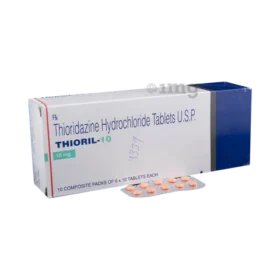 Thioril
Thioril










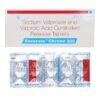
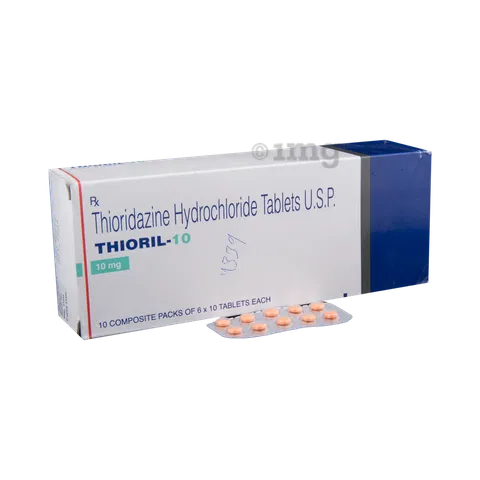
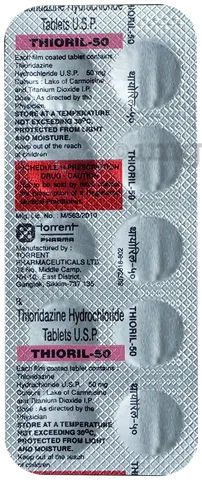

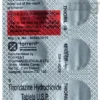




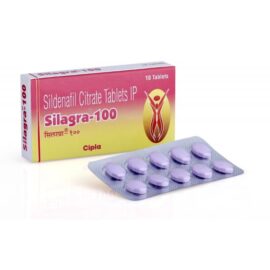
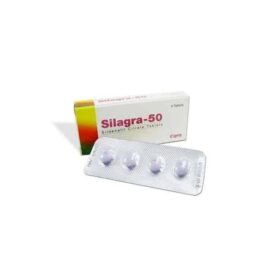





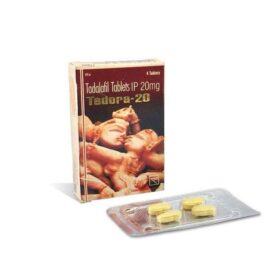
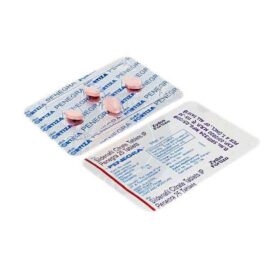
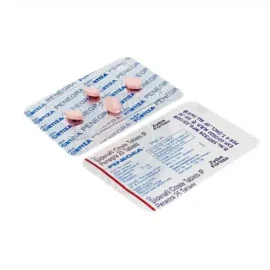
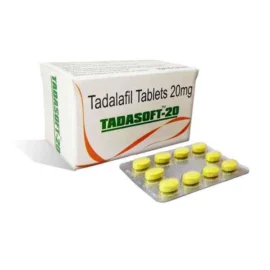
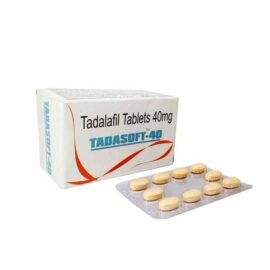
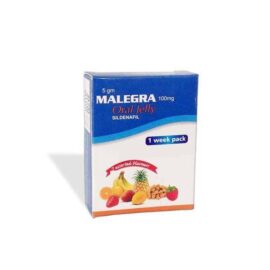

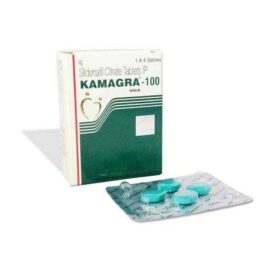
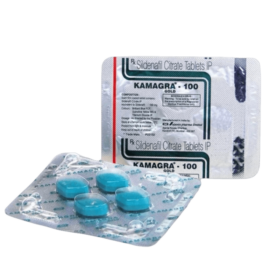
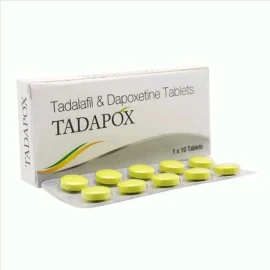
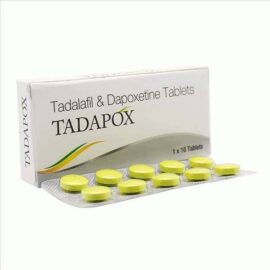
Reviews
There are no reviews yet